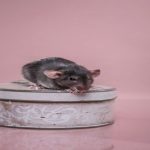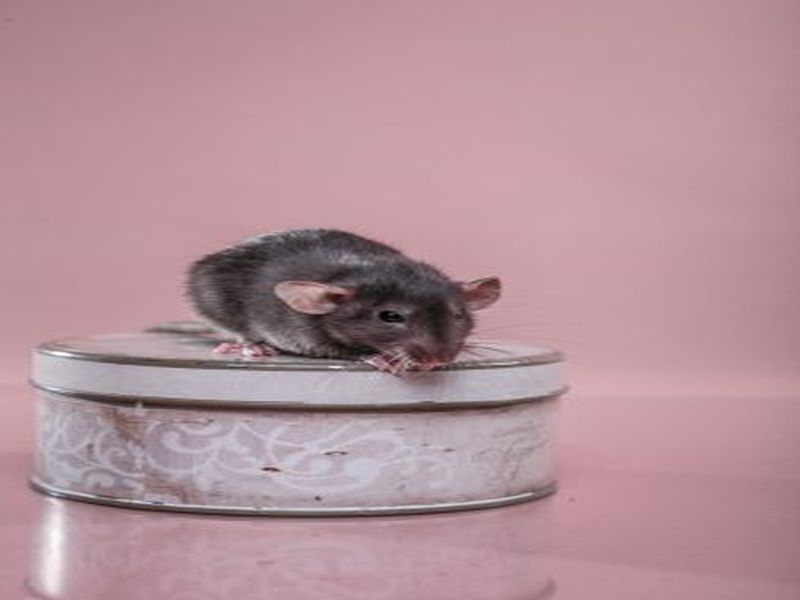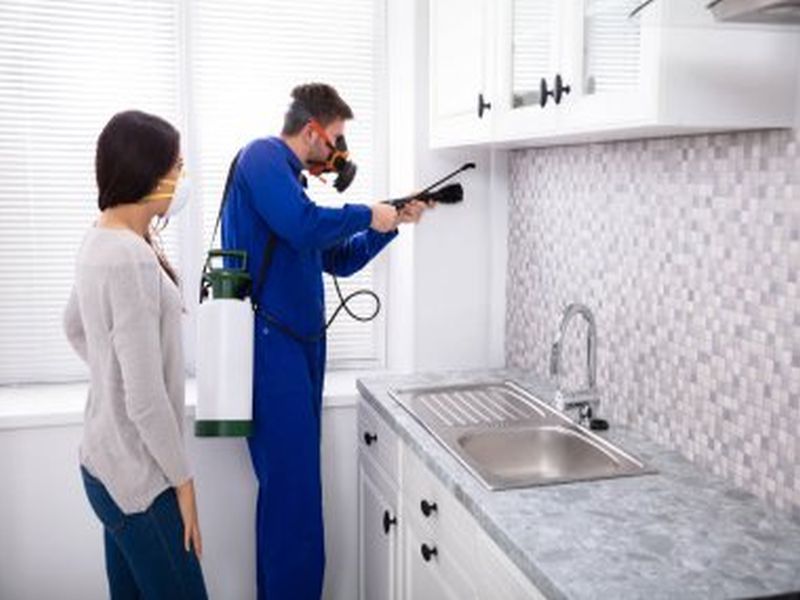Maintaining a beautiful garden filled with lush plants and vibrant flowers is a dream for many homeowners. However, this dream can quickly turn into a nightmare when pests invade the peaceful sanctuary of your beloved garden. Conventional pest control methods involve the use of harmful chemicals that not only harm pests but also pose a threat to beneficial insects, plants, and even humans. Thankfully, there are safer options available for pest control in an organic garden. Here are some tips for safe pest control in your organic garden.
1. Prevention is Key
The first step to safe pest control in an organic garden is prevention. By taking preventive measures, you can reduce the chances of pests invading your garden significantly. Keep your garden clean and free from debris that can serve as breeding grounds for pests. Regularly prune and trim plants to maintain their health and prevent them from becoming attractive targets for pests.
2. Choose Resilient Plants
To minimize the risk of pest infestation, choose resilient plant varieties that are known to be less susceptible to common pests in your area. These plants have natural defenses against various types of insects and diseases, making them less appealing targets.
3. Practice Companion Planting
Companion planting involves planting https://truefinders.com.au/business/safepestcontrol.net.au/ different types of crops or flowers together so that they benefit each other in some way – either by repelling pests or attracting beneficial insects like ladybugs or lacewings which feed on harmful ones like aphids or mites.
Planting large areas with only one type of crop increases the likelihood of attracting specific types of pests since they thrive on those specific plants. Consider practicing crop rotation where you alternate crops grown in one area each growing season.
Physical barriers such as netting, row covers, fences can effectively keep out insects without harming them while preventing larger animals like rabbits from snacking on your vegetables.
Often household items such as dish soap, garlic, chili powder, and essential oils can be used to create a DIY pest control solution. These natural alternatives are safe for plants and the environment while effectively repelling pests.
Introducing beneficial insects to your garden is a sustainable way of controlling pests. Ladybugs eat aphids, praying mantis feed on various pests such as caterpillars and grasshoppers, while parasitic wasps lay their eggs in harmful insect larvae.
Though time-consuming, handpicking or removing visible pests from your plants is an effective method of pest control. By wearing gloves and manually removing them from the affected plant parts before they spread can work wonders.
Healthy soil contains balanced nutrients necessary for strong plant growth that helps keep them healthy enough to resist pests naturally.
In conclusion, safe pest control in an organic garden involves being proactive rather than reactive by adopting preventive measures and using natural methods that do not harm beneficial plants and animals. With these tips in mind, you can successfully maintain a thriving organic garden without causing any harm to the environment or yourself.










